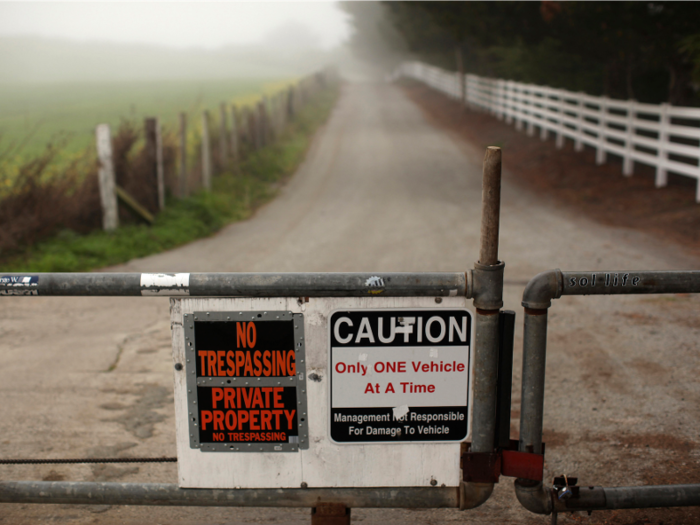But soon after making his purchase, Khosla closed the gate that led to Martin's Beach and posted a sign warning that there would be no access, angering local surfers and families who had long frequented it.
Khosla's attorneys said the closure was because the cost to maintain the beach outweighed the revenue that would be generated from daily use fees.
The California appeals court would later rule that Khosla violated state law by barring the public from the beach without applying for a permit. When the nonprofit Surfrider Foundation sued Khosla, he took his case to the US Supreme Court, which declined to hear it in 2018. If it had decided to hear it, as Business Insider's Melia Russell wrote, the results could have caused a shift in how beach property rights are managed across the nation.
In an interview with The New York Times later that year, Khosla said he wished he had "never bought the property," but he was determined to continue fighting for his privacy based on principle.

